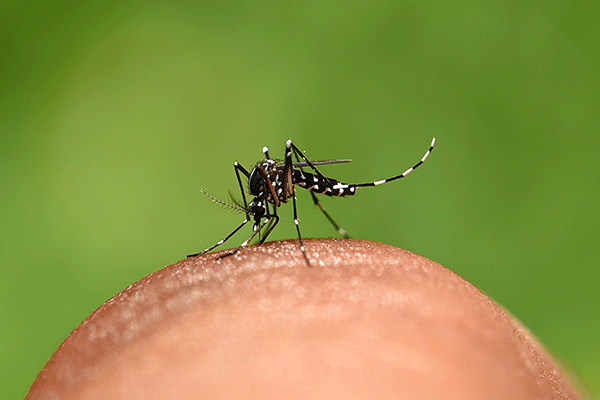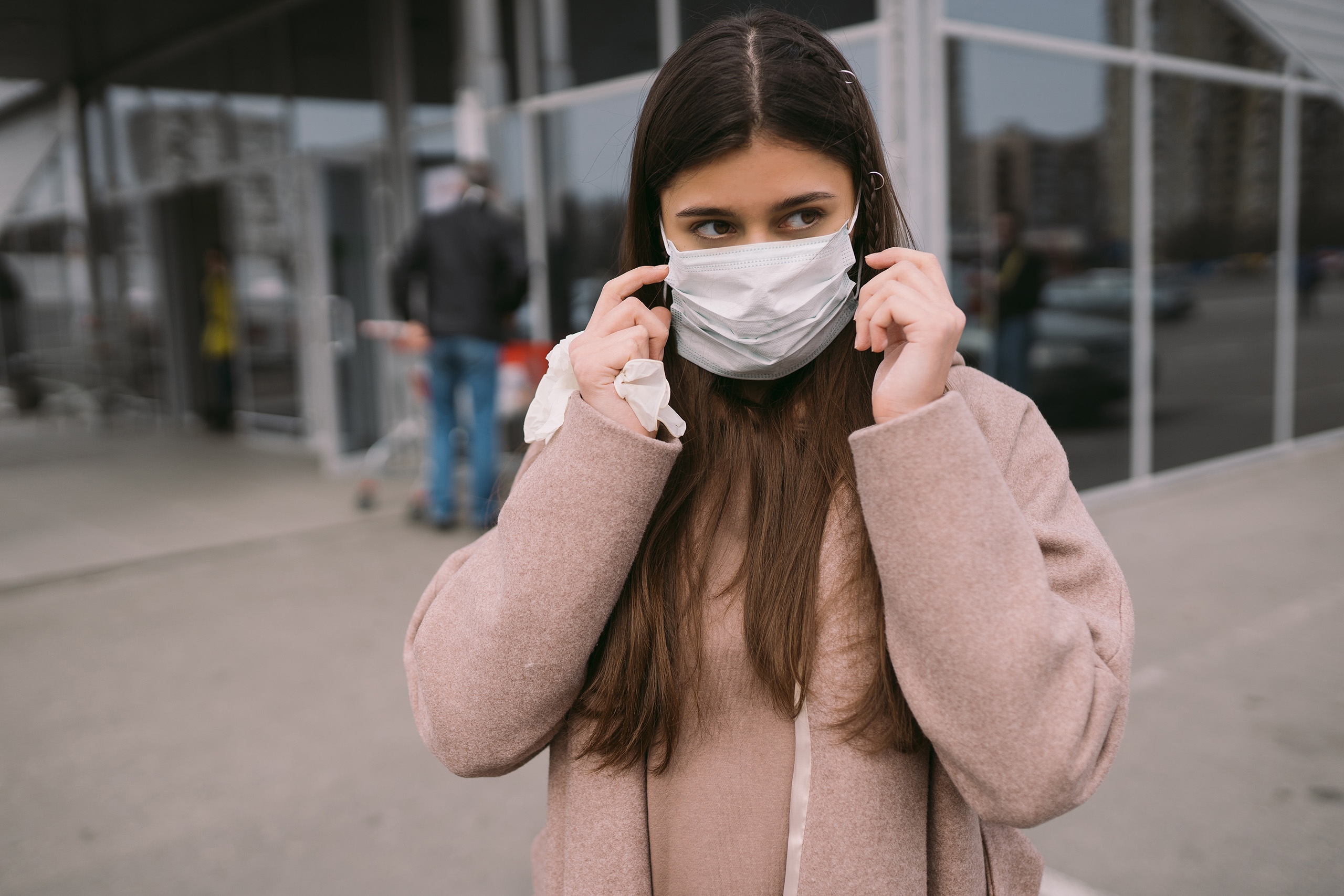
HEALTH ADVISORY: ZIKA VIRUS INFECTION
HEALTH ADVISORY: ZIKA VIRUS INFECTION
(Author: Dr Amit Kumar Gupta, MBBS, MD, MBA)
Zika fever or Zika virus disease is a viral infection which gets spread through biting by an infected mosquito (just like malaria and dengue). It is an infection of public health concern, especially because it can spread from a pregnant woman to her unborn baby (foetus) and result into serious complications in the brain and other organs of thus impacted baby. With no specific treatment available so far, this infection is primarily managed through symptomatic treatment and other supportive measures only.
Recently several cases of this infection have been reported from Kerala, India, and the entire State has been put on high alert to prevent further spread of this infection and control the situation from getting worsened. So, in addition to the ongoing COVID-19 pandemic, we need to know about the Zika virus infection also so that we may take appropriate measures of prevention and control.
What is Zika?
Zika is a viral disease caused due to infection with the Zika virus. Just like malaria and dengue, this infection spreads through the bite of an infected Aedes aegypti mosquito. Typically, this mosquito first bites an infected person to become infected itself and then the infected mosquito bites a non-infected person to infect him/her too. Apart from mosquito-bites, this virus can also get spread through sexual contact, blood transfusion, and from pregnant woman to her baby (foetus) during pregnancy or at the time of delivery.
Symptoms
Most people with Zika virus infection do not develop symptoms. When manifested, symptoms are generally mild and usually appear 3 days to 2 weeks after the bite of an infected mosquito. Common symptoms include fever, rash, red eyes, muscle and joint pain, headache, and generalized weakness. Symptoms typically last for 2 to 7 days. Importantly, these symptoms resemble those seen in Dengue and now even in COVID-19, which should be ruled out through appropriate testing.
Zika virus infection during pregnancy can result in adverse pregnancy and foetal outcomes such as miscarriage, foetal malformations, and pre-term birth. Zika virus infection in adults and children can sometimes lead to serious neurologic complications. Although death is not a usual complication, the negative impacts on pregnancy, brain malformations in foetus, and neurological complications in adults are serious concerns in this infection.
Diagnosis
Infection with Zika virus may be suspected based on symptoms and recent history of travel (such as travel to or residence in an area with active Zika virus transmission). A diagnosis of Zika virus infection can only be confirmed through laboratory tests on blood or other body fluids (such as urine, saliva or semen).
Treatment
Zika virus disease is usually mild and requires no specific treatment. People sick with this infection should take adequate rest, drink plenty of liquids, and treat pain and fever with common medicines (such as paracetamol but avoid aspirin or other non-steroidal anti-inflammatory drugs). If symptoms worsen, they should seek medical advice and care.
There is currently no vaccine available to protect against Zika virus disease, though several candidate vaccines are under research phase and clinical trials.
Prevention
Since mosquito bite is the most common reason for spread of this infection, getting rid of mosquito breeding sites and taking other steps to prevent mosquito bites are the key to control this disease. Other measures include controlling the spread of infection through sexual contact and blood transfusion.
Protect yourself against mosquito bites. Wear full-sleeved clothes. Keep doors & windows closed. Use window screens. Sleep under mosquito nets. Apply mosquito repellant to skin, clothing, or mosquito net.
Pay special attention to protect pregnant women, women of reproductive age, and young children from mosquito bites. Use mosquito nets to protect them.
Avoid unnecessary travel to an affected area. If you or your partner have travelled through an affected area, talk to your doctor for advice. Proper use of condom is helpful in situations when you are not sure of the infection status of your partner
If you are living in an affected area, follow the above basic precautions to protect from mosquito bites.
Eliminate mosquito breeding sites. Don’t let water to get collected around homes, schools, and work sites. Cover water storage containers. Clean up trash and used tires. Remove standing water in flowerpots. Clean, scrub and dry your desert coolers every week and keep them dry when not in use.
Support local governmental initiatives and public health programs to reduce mosquito breeding sites.
Don’t use aspirin and other non-steroidal anti-inflammatory drugs to treat fever. Paracetamol is safer.
For further information or advice, talk to your doctor.
(The author Dr Amit Kumar Gupta is a medical specialist cum public health expert working as Senior Consultant – Medical Services & Quality at HCL Healthcare. He can be reached out at Amit_Gupta@hcl.com)





